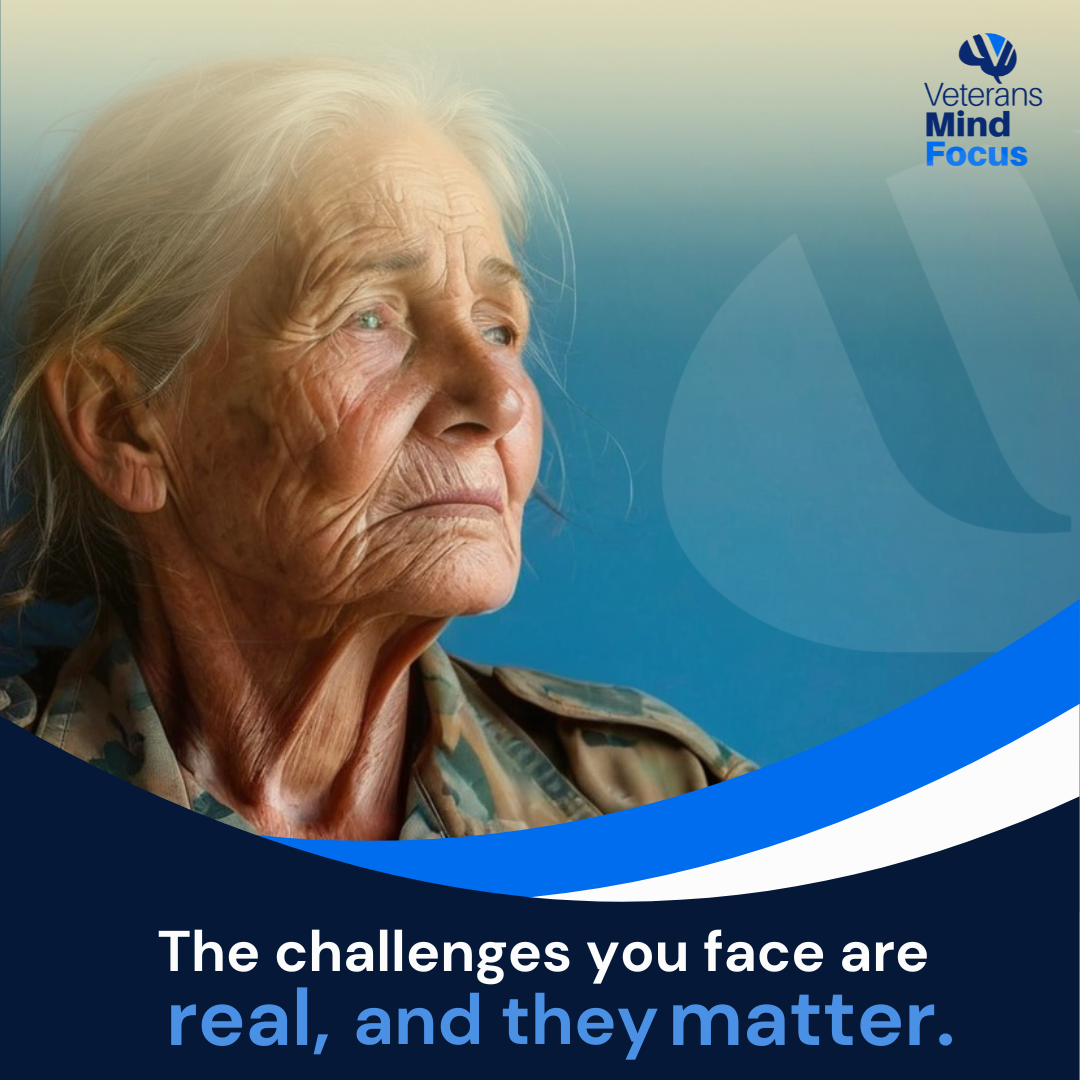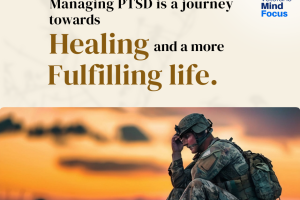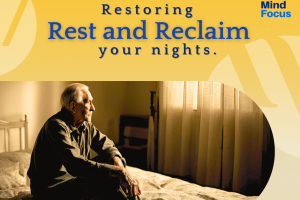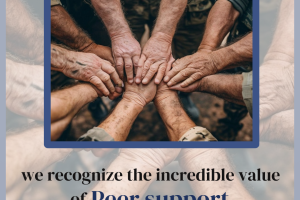
Women Veterans: Unique Challenges and Support Systems
Honouring the Service and Sacrifices of Women Veterans
For decades, women have been a vital force within the armed services, serving with bravery, skill, and an unwavering commitment. However, the unique challenges that women veterans face, both during and after their service, often go unrecognised. These challenges can have a significant impact on mental health and wellbeing, and it’s important that we talk about them openly, with the understanding and respect they deserve.
The Unique Challenges of Women Veterans
Women in the military often find themselves navigating a path that’s different from their male counterparts. Whether it’s dealing with gender-specific stressors or the immense responsibility of balancing military service with family life, the road can be tough.
One of the most pressing issues is the experience of gender-based harassment and discrimination. These obstacles can hinder career growth, reduce job satisfaction, and take a toll on mental health. Tragically, military sexual trauma (MST) is also more prevalent among women veterans, leaving lasting scars that can be incredibly difficult to heal.
The challenge of balancing service with family life adds another layer of complexity. The demands of the military can clash with parenting responsibilities, leading to stress, anxiety, and a sense of guilt. Returning to civilian life doesn’t always bring relief either—many women veterans struggle to find their footing in family roles or secure employment that meets their needs as both mothers and professionals.
Moreover, the transition to civilian life can be clouded by a sense of invisibility. Women veterans often feel overlooked or less recognised compared to their male peers. This lack of acknowledgment can lead to feelings of isolation and make it even harder to reach out for support, deepening the struggle.
Finding Strength and Support
It’s essential to recognise these experiences and ensure that support is available and accessible for all women veterans.
Therapeutic Support: Access to therapy that specifically addresses challenges like military sexual trauma, gender discrimination, and the delicate balance between family and service is crucial. It’s about more than just treatment—it’s about being heard and understood by someone who gets it.
Building Connections: Finding others who share your experiences can be incredibly healing. Peer support groups offer a space to connect, share stories, and support one another in a community that understands where you’re coming from.
Family and Career Guidance: Balancing the roles of veteran and caregiver is no easy task. Family counselling can help you navigate these challenges, offering strategies to reduce stress and improve communication at home. Career support is also vital in helping you leverage your military experience into a fulfilling civilian job that respects your needs and ambitions.
You Are Not Alone
If any of this resonates with you, know that you are not alone. The challenges you face are real, and they matter. Your service and sacrifices are deeply valued, and it’s time to focus on your own wellbeing. Reach out when you’re ready—there’s a whole community here to support you, every step of the way.



